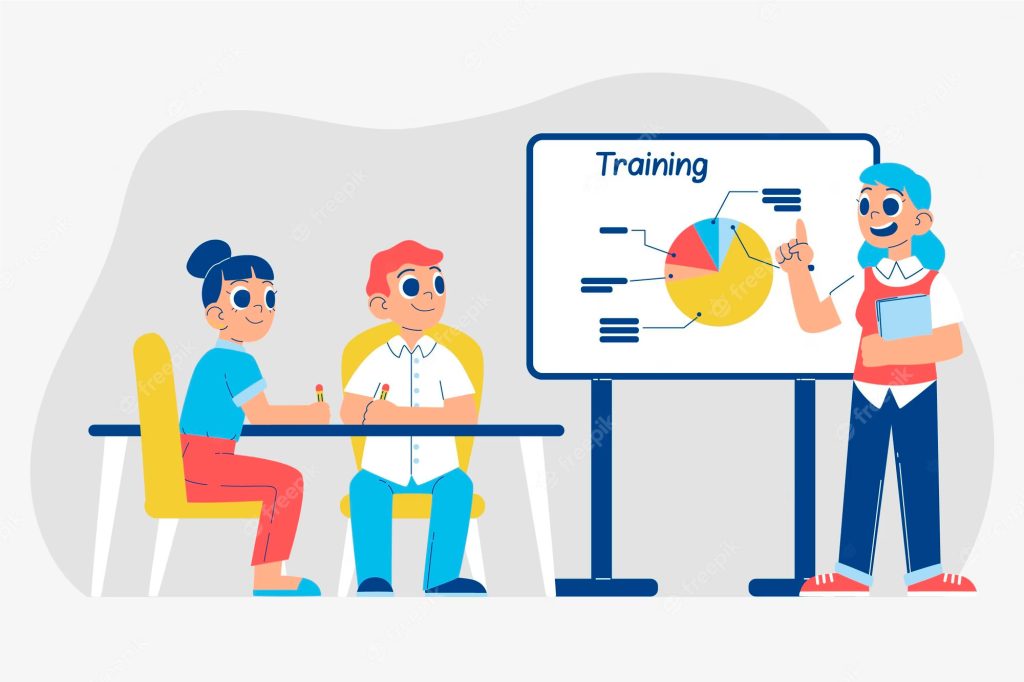Search Engine Optimization course certainly has become a very important factor to take into consideration while making a website. Now let us talk about why SEO course is so vital for not just the person whose website or blog it is but also to the audience. This is because the algorithms that the search engines take is according to the needs of the user. Hence the algorithms planned are those which directly benefit the audience by letting them have a better user experience and a better user interface to work with. This is how the users are helped.
And mostly the websites or blogs who work according to these algorithms are the ones that actually want to attract the audience in a wholehearted manner. So taking the SEO remarked organic rankings act as a watchdog is a way of actually keeping all these sites in check and making sure that the people get to see only the best websites and blogs on the first page of Google. And not only this, the website owners need SEO, because after the coming of Google Ad Words a lot many people with big pouches have the way to invest a lot of their advertising and marketing budget in Ad Words, using which they can simply be shown on the first page of Google. But what about the small guys? They too don’t need to fear as SEO course is there for their rescue too. Rather than stealing big amounts from their pockets, just by working not just hard but also smart work can also benefit these small guys and get them onto the first page of Google.
Being Topper provides Advance Search Engine Optimization training in Delhi, Mumbai, Jaipur, Ajmer, Beawar.







